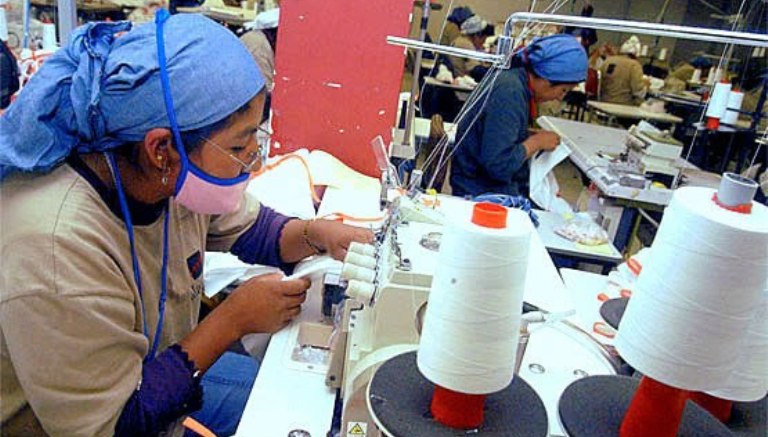
EspañolIf there’s one issue in economics that demonstrates the ignorance of the general public — and some economists — it’s exchange rates. The proclivity towards alarmism by multiple media outlets and experts is reflected by any change in monetary value being seen as a grave signal of imminent crisis.
Only a few months ago, the problem was the revaluation of the peso. Many augured insurmountable difficulties for the Colombia’s productive sector, and those experts who live to be afraid of economic changes cried out for greater state intervention to avert catastrophe.
They were so concerned that they never anticipated that the situation could reserve itself. As a result, since late 2014, the “problematic” phenomenon has been the complete opposite: the devaluation of the peso.
Many economists, media organizations, and politicians understand economics as a whole, without differentiating into different sectors and individuals.
To be fair, the levels of concern over the revaluation were never compared to those generated by devaluation. At the end of the day, speaking of these phenomena requires the use of inexact and often artificial definitions, the unique language of a diverse and fragmented discipline that has developed under the misleading banner of macroeconomics.
Due to the obsession of many economists, media organizations, and politicians with this unified vision of economics, they understand economic phenomena as a whole, without recognizing that these affect different sectors and individuals within society in a differentiated and asymmetrical manner.
This vision has meanwhile generated several socially shared ideas, repeated in various contexts and rarely questioned, that have little do do with advancing knowledge of economics, instead turning it into a normative discipline: what “ought to be.”
People would have you believe that the “national” economy should perpetually increase what it sells to the “rest of the world” (exports) and limit as much as it possibly can what it buys (imports). As a consequence, as revaluation (according to the macroeconomic logic) stimulates the latter and diminishes the former, it’s regarded as a much greater evil than devaluation.
As a result, although the phenomenon surprised and generated a degree of concern, analysis has centered on reviewing its immediate causes and placing bets, so loved by the addicts of the macroeconomic vision, about the peak that the increase in the price of the Colombian peso per dollar will reach.
What analysis has had little place for is the fact that Colombia is highly dependent on global petroleum prices, without being an internationally relevant country in the production of crude. There are few explanations for why the Colombian peso continues to be so volatile and sensitive, both in revaluation and devaluation.
Economists prefer to stimulate sales abroad in an artificial way rather than seek a solution to the fundamental problems of national production.
In the same way, beyond holding forth on the potential winners and losers of the phenomenon, macroeconomists rarely develop their vision to include a deeper perspective, taking into account different sectors. For example, as a result of devaluation, Colombia’s coffee-growers, led to believe they’re still the country’s most important sector, feel like they’re benefiting.
They comfortably assume that because they’re coming off better — in an artificial way, via the price of the currency and not through greater productivity — this will automatically increase the well-being of all Colombians. The problem is that when the tendency reverses, they return to demanding that all of their fellow citizens, through the state, make up for their losses.
In the same way, instead of providing information about the impact of devaluation in the serious phenomenon of the impoverishment of the poorest that inflation represents, they instead reflect on the undesirability of a situation where the prices of goods in a basic shopping basket are impacted.
Fundamentally, like the perpetuation of Keynesian thought, responsible for the macroeconomic illusion, they pay little attention to the expected and unexpected consequences of a greater tolerance — and lesser concern — for the phenomenon of revaluation.
One one side, although sensible voices exist, economists prefer to stimulate sales abroad in an artificial way rather than seek a solution to the fundamental problems of national production. Business leaders have to stir themselves to improve their attention to consumers’ needs, and the state must recognize that their labor is, more often than not, an essential cause of the country’s low competitiveness.
On the other, at the root of it is the willingness — and desire — of these analysts to maintain perverse levels of state intervention in the economy. Not only in a direct way, through manipulating exchange rates, but indirectly through its dependence on oil prices; or more damaging still, through intervening in other areas of the economy such as price fixing. These are experiments which, applied to the limit, are causing our Venezuelan neighbors so much suffering.
Translated by Laurie Blair. Edited by Guillermo Jimenez.
 Versión Español
Versión Español












